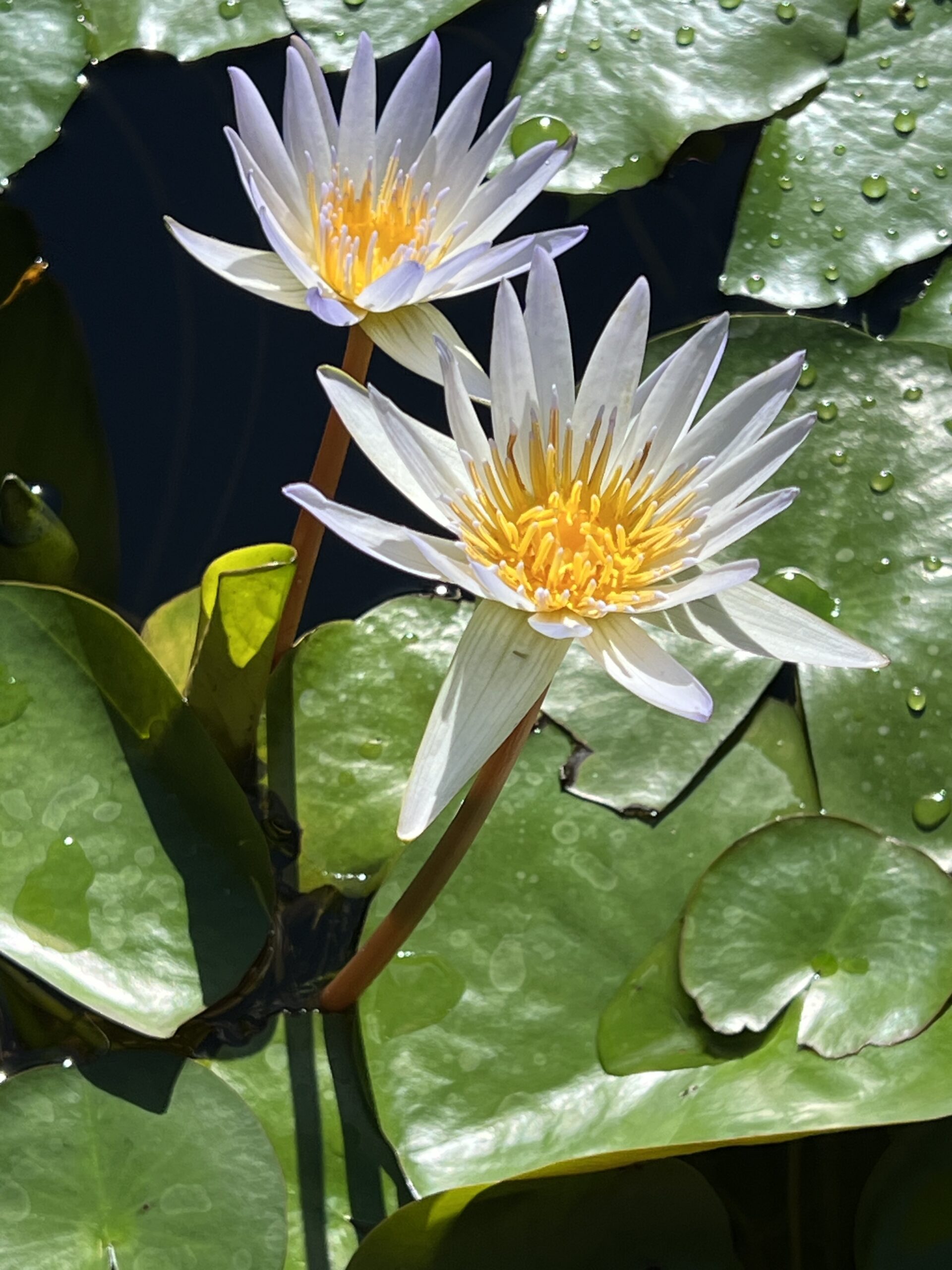LIGHTS, CAMERA, EXCUSES
“There are two ways of spreading light: to be the candle or the mirror that receives it.” (Edith Wharton)
This morning marked my first bike ride since mid-December. Not the most auspicious start of my training for the Lavaman relay being held at the beginning of April. In fact, I wasn’t planning on mentioning the Lavaman again in hopes that my blog Ohana might forget I ever mentioned it. Then, in the event that I cancelled for less than convincing reasons, the only people I would have to answer to would be my two trusting teammates, who are, nonetheless, enough to make an honest cyclist out of me.
One of the bigger obstacles to fully committing to this goal is the memory of having been hit by another cyclist in my last Lavaman, prior to COVID. On that fateful day, thinking I’d pulled far enough out of the way to dismount and check a misbehaving chain, I next heard a crunchy-clattery sound before flying backward and landing on my butt at the side of the road. Having also ridden over and bent my tire, the cyclist who hit me carried on, after apologizing profusely, leaving me to wait for Race Assistance to drive me the eight miles back to the start of the race. Unable to turn off the highway into the congested race runway, I suffered the further indignity of being dropped off and forced to walk my broken bike through the last couple of miles to the car park. I was not happy. Swore I’d never enter another Lavaman. (Kinda what I swore after giving birth to my first child…of four!) Time heals all wounds? Or perhaps forgetting past mistakes sets us up for making the same regrettable choices again?
Ever since suggesting to friends and family that we do a Lavaman in 2025, my mind has been pervaded by bad memories and second-guesses re: what actually happened at that fateful race. The inner narrative goes something like: “I obviously didn’t get far enough out of the way to keep from being hit by a fellow racer. And how did I/we miss the mechanics of my bike that left the chain out of alignment? Surely my takeaway from that mishap should be never to do a Lavaman again!” Looking for scapegoats as much as for explanations, I heard an echo of my initial reaction to the fridge fiasco, which is probably why the following quote caught my attention:
“To live more peacefully with the past, it helps to remember that once we know better, we tend to do better. Prior to knowing, we generally do our best, and while it’s true that from the perspective of the present, our best doesn’t always seem good enough [we] can, at least, give our past selves the benefit of the doubt. We did our best with what knowledge we had. Beyond this, we serve the greater good most effectively by not dwelling on the past. Instead we should focus our energy and knowledge into our present actions. It is here, in this moment, that we create our reality and ourselves anew with our current knowledge and information.” (“The Past in Light of the Present”, Daily Om, January 23, 2025)
Is this what Wharton meant by two ways of spreading the light? By focusing our reflections (on the past) and actions (in the present) through the lens of knowledge and wisdom that we have gained from our mistakes? Is not light symbolic for the highest and best we could offer ourselves or anyone else? If so, how can I deal with the present in such a way as to auger for an (as yet) unimaginably bright future? In what way might my actions and words reflect, or emanate a light of insight and understanding? And what would be the point?
To answer that I was moved by what Heather Cox Richardson posted on January 25/25:
“…as some of you have heard me say, I write these letters with an eye to what a graduate student will need to know in 150 years.”
What might my present actions convey to those putative future students? I don’t believe that a viable future can be built by denying or decrying what went before. Nor can we use what happened in the past as an excuse to not do better, try harder or be braver about doing the right thing in the present moment.
As Daily Om offers:
“From ideas about how to raise children to how to treat the environment, our collective human past sometimes reads like a document on what not to do. In many ways, this is exactly as it should be. We learn from living and having experiences. It is from these past actions that we garnered the information that guides us to live differently now. In our personal lives, we probably had to have a few unsuccessful relationships or jobs, [or bike races] learning about our negative tendencies through them, in order to gain the wisdom we have now.”
Every day is my opportunity to make up for past mistakes and exercise my hard-won wisdom in all that I think or feel, do or say.
No excuses.
